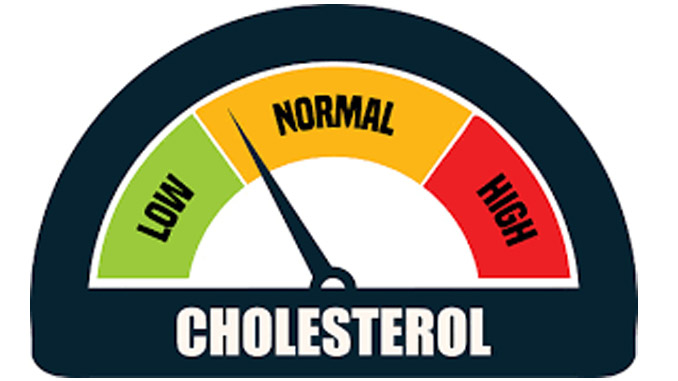
Everything About Car Valeting in Bournemouth
Car valeting is different from day-to-day car servicing. It includes the polishing and high-end cleaning of the exterior and interior of the car. It is […]

Car valeting is different from day-to-day car servicing. It includes the polishing and high-end cleaning of the exterior and interior of the car. It is […]

Hospital search hospitals carefully select medical and health information that is currently attracting attention and deliver it in an easy-to-understand manner! This time, I would […]

QuickBooks is an outstanding accounting programming that makes administering information, paying laborers and paying portions successfully. Regardless of being a breathtaking help for some money […]

Living a healthy lifestyle is more than just following a balanced diet. When we say balanced all we want to say is be healthy inside-out. […]

The heart works non-stop for our entire lifetime. Taking care of the heart is a necessity that everyone should keep in mind. Doing some small […]



Top 5 Best Bollywood Blockbuster Movies That will Make your Day!



Cinema of India | Brief History of Cinema | Growth of Cinema Industry




Everything About Car Valeting in Bournemouth



Best And Effective Ways To Fix QuickBooks Error 2000




unfolding Interesting facts of WordPress themes



Important factors for trademarking for your business




A Warning on Scam Websites Providing Dissertation Editing Services



What Are the Basic Steps for Hosting A Website?




A Warning on Scam Websites Providing Dissertation Editing Services



Online tutoring better than personal tutoring for SAT?







Reasons for Using Always Natural Products for Skin



Car Seat Should Batter for 4 Year old Child



4 Most Modern Color Combinations for Your Exclusive Bridal Dresses



Traits of Racing Games That Make Them A Big Name in Online Gaming



Top 5 Best Mobile Games in 2020 | Available on Android and iOS



Top 8 VPN for Online Games | Super Fast VPNs for 2020



BATMAN ARKHAM KNIGHT (PC) -My Honest Review



Virtual Gaming: Experiencing Reality in Video Games




How Companies Benefit from Allowing Employees to Work Remotely




Tips To Boost Your Immunity To Fight Corona virus COVID-19



How You Can Get Cheap Minicab Insurance Premium?




Tips To Boost Your Immunity To Fight Corona virus COVID-19



Various Benefits of Using Pre Employment Testing Online



Top 22 Ideas to Build up Your Self Confidence



11 Beautiful Places That Can See In Hawaii



How to rent a car: Car Rental Guide



Camel Festival in Bikaner, Rajasthan | Indian Festival




Everything About Car Valeting in Bournemouth



Good Car Driving Habits for 2020



9 Best Electric Cars in 2020 With their Features and Safety Tips



Swim as One: The Advantages of Custom Swim Caps for Your Team



How to Choose a Career that Suits You Best



3 Steps to Develop a Successful Digital Marketing Career



A Lawn That Takes Your Breath Away!Lawn Maintenance Advice




What Is The Best Place To Buy Furniture?



COWHIDE LEATHER RUGS & amp; TYPES OF LEATHER



Can My Cholesterol Be Too Low?




Reasons for Using Always Natural Products for Skin



10 small steps for better heart health




How Companies Benefit from Allowing Employees to Work Remotely






5 Best Hacks to Start Earning Money without Paying Anything



5 Ways To Use Tie Boxes l RSF Packaging



Craft Your Own Custom Printed Packaging Boxes In An Impressive Way



Bring Meanings and Difference Into Your Parties Through Cake Boxes






Pros And Cons Of Skilled Labour Hire



Property Portals In Pakistan – Smart Move Towards Investment




What Is The Best Place To Buy Furniture?



Kick Start Your Shopping At Amazon



7 Best Lip-Smacking Cakes to Surprise Your Loving Parents




unfolding Interesting facts of WordPress themes



How to keep the sales of restaurants running with Covid-19



QuickBooks Error 15240 (When Download the Latest Update)



WriteTogeather is a article sharing platform where writers get the chance to reach their readers. Gain exposure to your website, blog, business and yourself. Share your ideas with our community of readers to gain credibility. Create original and insightful contents to gain traffic back to your site and grow your business. Choose an interest and get started
Copyright © 2020 WriteTogeather| All rights reserved.
